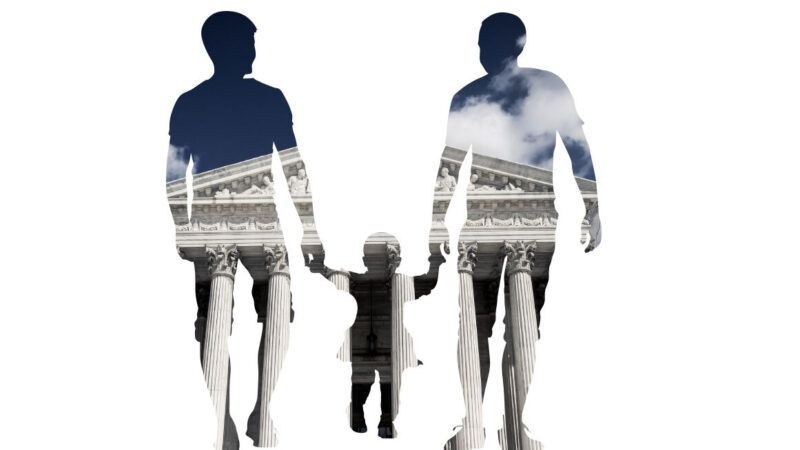Supreme Court Dodges Another Religious Liberty Fight
Justices have mostly demurred on the question of whether anti-discrimination laws trump religious freedom.

The Supreme Court once again sidestepped a conflict between religious freedom and anti-discrimination laws when it ruled in June that Philadelphia officials violated the First Amendment by requiring a Catholic charity to certify same-sex couples as foster parents.
Philadelphia refused to renew a contract with Catholic Social Services because the organization would not comply with the city's anti-discrimination laws by serving same-sex couples. That decision, six justices concluded in Fulton v. Philadelphia, amounted to an unconstitutional burden on the free exercise of religion.
The ruling hinged on the fact that the city's foster care contracts gave the commissioner of the Department of Human Services "sole discretion" to grant exceptions to the city's nondiscrimination rules. In the 1990 case Employment Division v. Smith, the Court held that the First Amendment's Free Exercise Clause does not require religious exemptions from "neutral, generally applicable" laws. But in this case, the majority said, the commissioner's discretion meant that Philadelphia's policy was not generally applicable.
The decision bears some resemblance to the Court's 2018 ruling in Masterpiece Cakeshop v. Colorado Civil Rights Commission, which involved a baker who refused to sell gay wedding cakes because he had religious objections to same-sex marriage. In that case, the Court did not say whether Colorado could use its anti-discrimination law to compel such transactions. Instead, the majority determined that the law had not been neutrally applied, citing comments from members of the Colorado Civil Rights Commission that suggested an anti-religious bias.
To the frustration of several justices, both decisions dodged the underlying issue of whether anti-discrimination laws trump religious freedom. In the Philadelphia case, Justice Samuel Alito wrote a concurring opinion, joined by Justices Clarence Thomas and Neil Gorsuch, that urged the Court to consider whether Smith gives the government too much authority to override religious liberty. Justice Amy Coney Barrett expressed sympathy for that view in a separate concurrence. In yet another concurring opinion, Gorsuch argued that Smith was wrongly decided and warned that "these cases will keep coming until the Court musters the fortitude to supply an answer."


Show Comments (39)